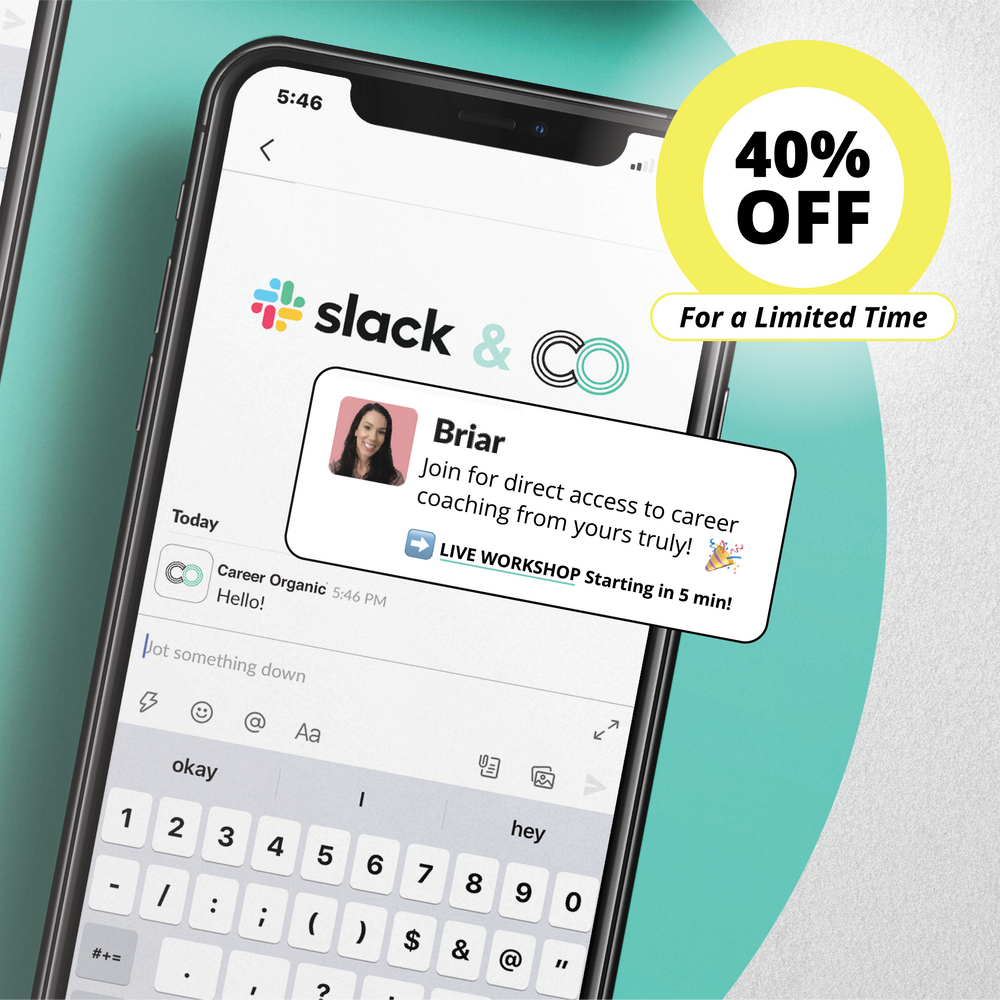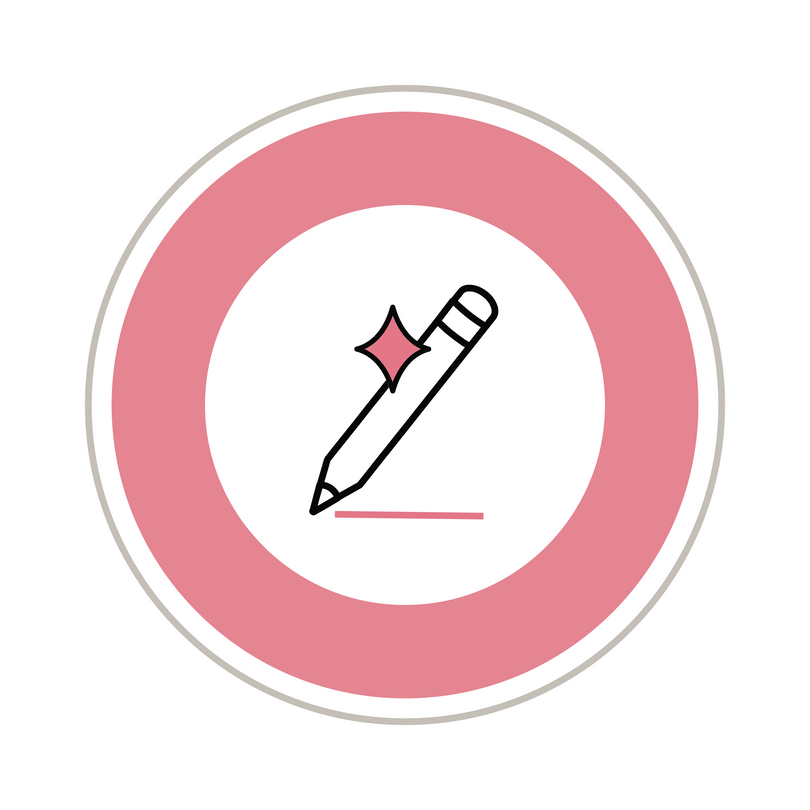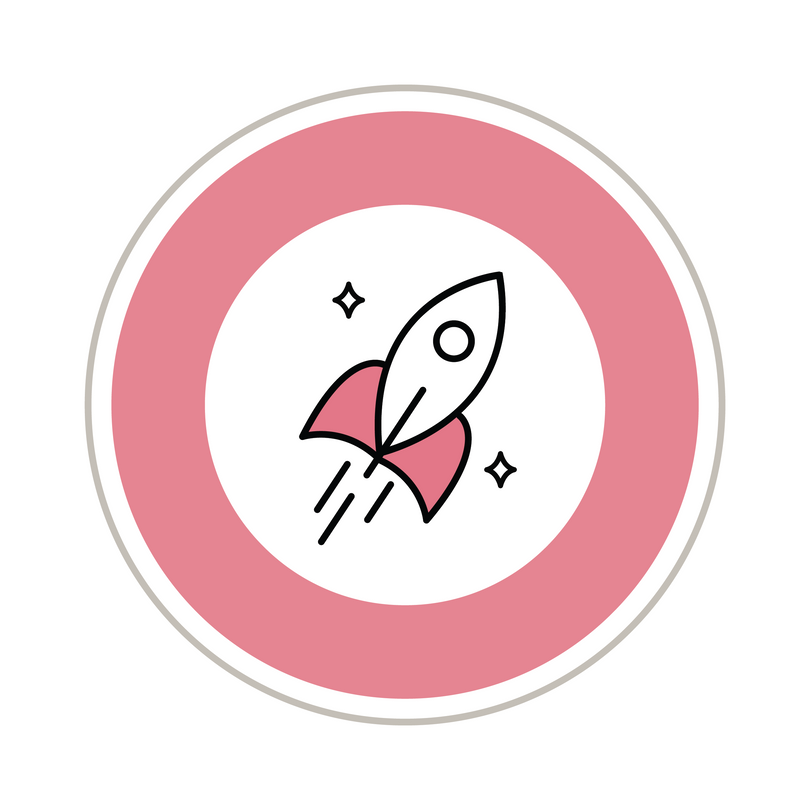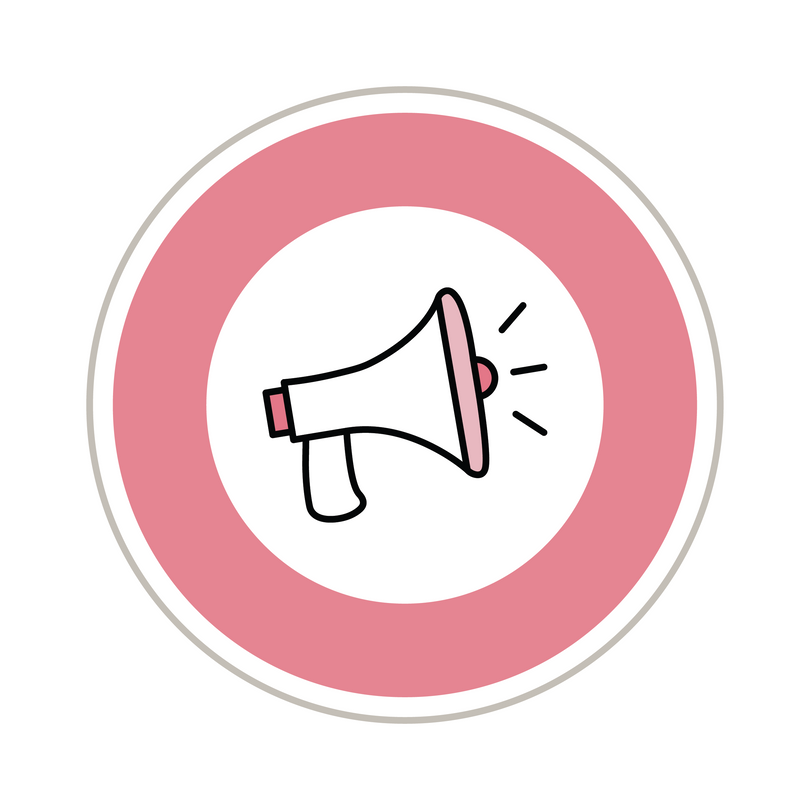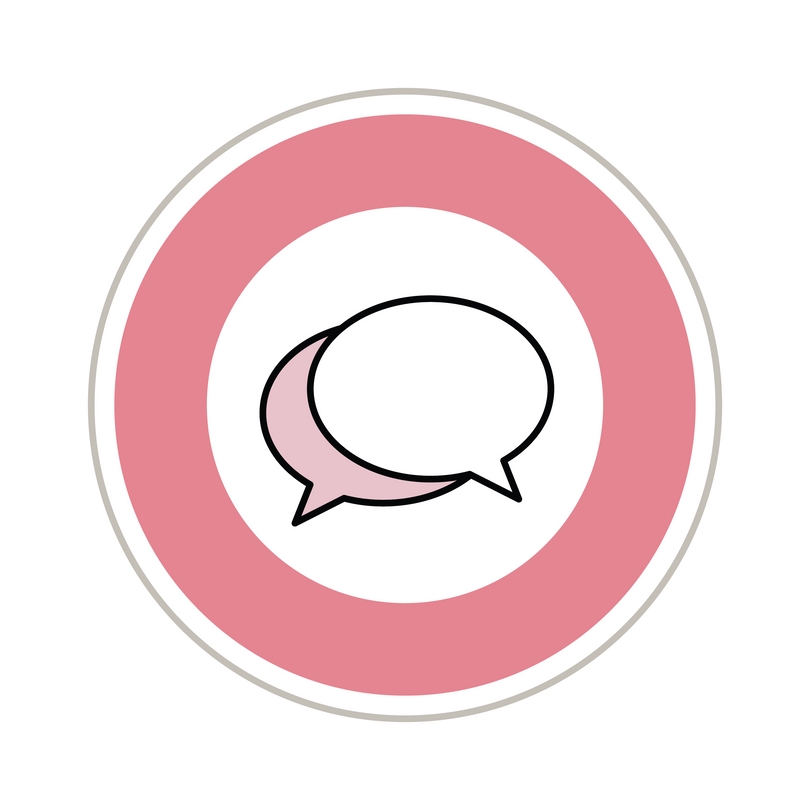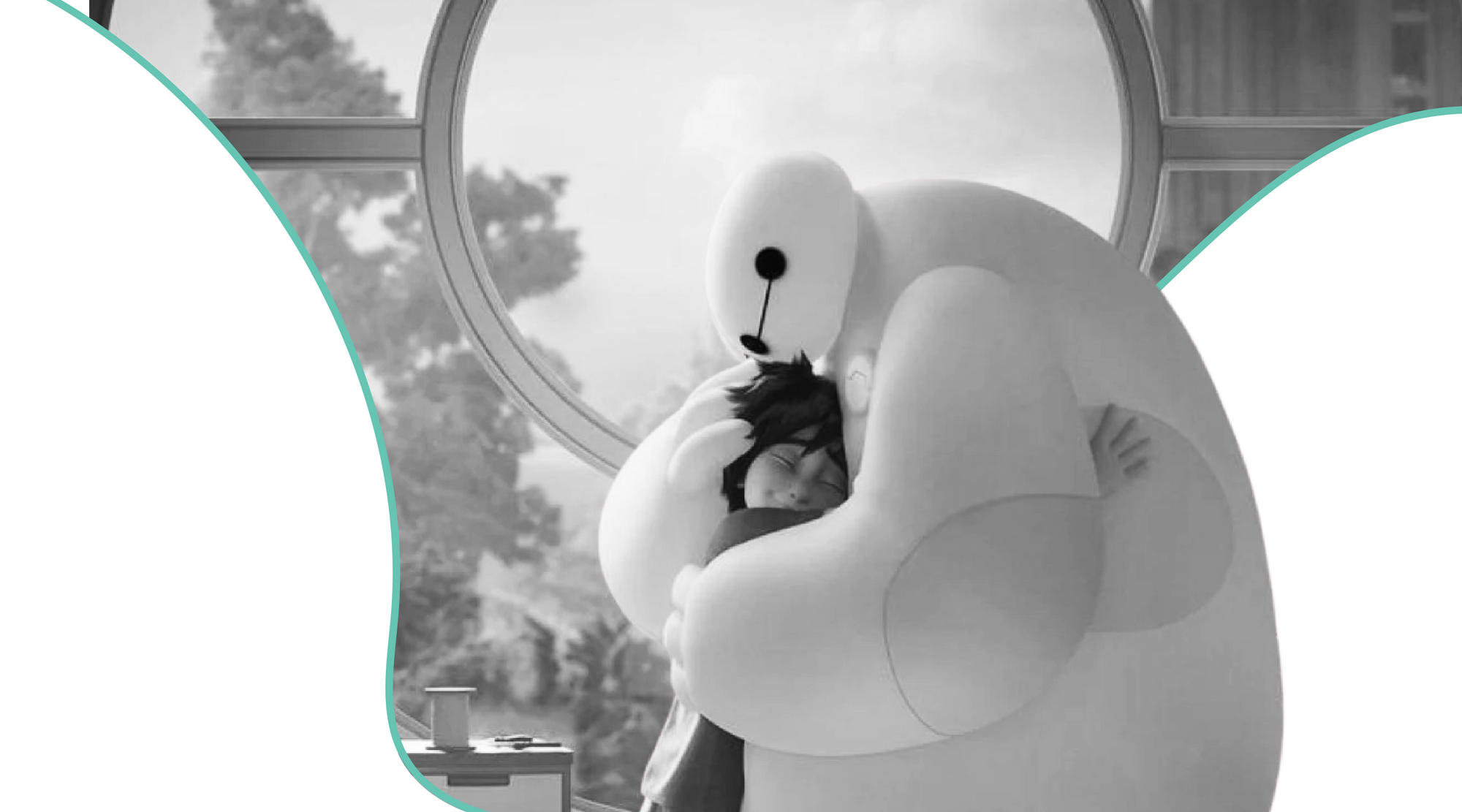I had been searching for my first scientific writing job for nine months. I thought I nailed my last interview, but the company ghosted me. As someone who pursued YouTube as a career, I knew imposter syndrome, my old friend—but the job search was on a whole different level. I couldn’t shut up the doubting thoughts. People said YouTube will make me stand out, but employers don't care. They just want years of paid work in the field. Maybe this leap is just impossible.
Have you been there? Are you wanting to make a similarly outlandish career transition? Or are you an entry-level professional with the same sense of hopelessness?
Just two months later, I landed three more interviews and two offers! I am happily employed full-time as an assay validation report writer at an immunohistochemistry lab (a very different job title from "YouTube parody writer"!).
While I was job searching, I would hear stories like this one and think,
“Yeah, but is that possible for me?”
It is, I promise.
1. Don’t go alone!
I had been reluctant to get coaching, since, you know, that costs money.
But when I started writing for Career Organic, I became convinced that getting help was worth it. Job searching can be soul-crushingly lonely, but coaching means it doesn’t have to be.
Finding a full-time job meant I would have less time to write for Career Organic, but the staff always cheered me on. They gave me extra job search advice, introduced me to their scientific writing connections, and wrote glowing reviews on my LinkedIn profile. I would entrust any job hunter to that kind of support.
After learning the importance of this support and that coaching could take me to the next level, I decided to hire a coach myself. And the investment paid off. My coach was also a pillar of reassurance and guidance. There’s nothing like having an experienced guide for your career transition, fending off imposter syndrome, and reassuring yourself that your hard work isn’t in vain. Don’t miss out on that!
2. Show you’re serious.
In my interview for my current job, my interviewer said something like,
“You don’t really have work experience in the sciences, but your resume clearly shows that this is the kind of job you want.”
My resume’s “experience” section was pretty limited for a scientific job: YouTubing, blogging, tutoring in writing, and administrative assistance didn’t exactly scream,
“I can write about immunohistochemistry!”
For a lot of us trying to break into a field for the first time, that’s just how it is. (More later on turning those seemingly unrelated experiences into assets.)
But if the “Aspiring Medical Writer” tagline wasn’t enough, my “education” section told a different story. I had recently earned certificates for completing courses about scientific writing, and investing the time and resources into those courses showed I was serious.
(Interested in trying the same thing? Coursera.org is a great place to start!)
Taking courses is just one possibility.
Consider these other ways to show that you’re serious about your career transition:
- Volunteering
- Writing articles or essays (they don’t even have to be published!)
- Building a portfolio showcasing anything you’ve done in the field.
Even just writing up one or two extra pieces may be more than most other candidates are doing—and that may be all it takes to set you apart!
3. Highlight your transferable skills—BOLDLY!

“So you were a YouTuber?” my interviewer asked. “Tell me more about that.”
I was ready. “This is the hardest thing I’ve done on my resume,” I said. “It took a ton of initiative and self-motivation.
It gave me project management experience, since I set and met my own deadlines, juggled a lot of different projects, and collaborated with others. Because of that, my channel has almost 300,000 subscribers now.”
One big mistake I made early in my job search was assuming that hiring managers would see my job titles and connect the dots about how that would transfer to the job I was applying for.
But hiring managers are busy people. They don’t have the time to sit back in an armchair in front of their office fireplace and think, “Ooh, how can a former YouTuber be good for this position?”
And if all your past experience is outside of their current field, they probably can barely imagine what your past jobs were like, much less the transferable skills you picked up.
So point everything out for them. Grab phrases from the job description and sprinkle them throughout your resume, cover letter, and interview answers (even if it feels painfully obvious to you, it probably isn’t to the hiring manager!). Be repetitive if you have to—it’ll just drive the point home further that you can bridge this career transition.
4. Patience. Keep showing up.

One analogy I always use for job searching is the video game Overcooked, a hectic game where you dish up as many meals as possible in a few minutes.
My overachiever friends and I will play levels over and over to get high scores, and sometimes, it’ll seem like a waste of time. From forgetting to chop the beef, to putting cheese in an order without it, to setting the kitchen on fire—a lot of things can go wrong!
Job searching can feel like that sometimes (especially the “everything is on fire” part!). To land a job, you have to get the research, resume, cover letter, and interview all right in one go. Sometimes, that feels impossible.
But in both Overcooked and job searching, the repeated tries aren’t wasted time. They’re practice, refining your skills so that you get closer and closer to that high score or job. And once you get it right once—that’s it! You’re done!
So keep showing up. Everything you’re going through will bring you closer to getting that job.
Everyone’s career transition is different.
Get some help to guide you through yours today!
Meet The Author - Cat Movius | A former career YouTuber & now a scientific writer, Cat has experienced the complications of following your dreams, shuffling life priorities, and making difficult career transitions. When she’s not writing; she loves singing, playing video games with her husband, and eating cheesecake.
